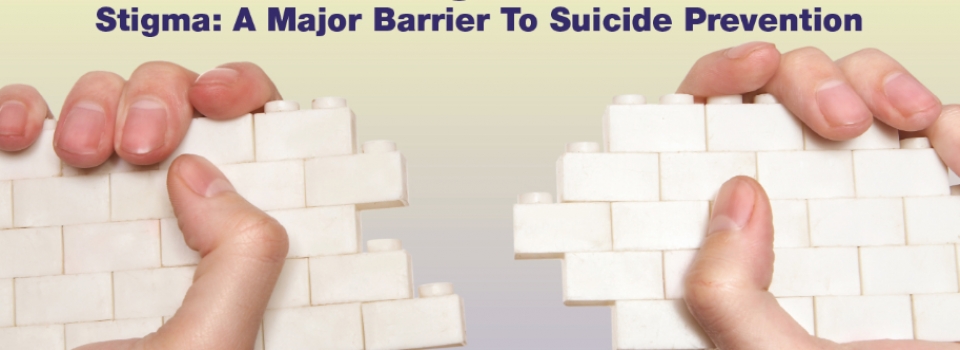
If I could contribute one thing to the world, it would be to assist with ending the stigma surrounding mental illness. I was not always so passionate about this topic. I haven’t always been open about mental illness, nor have I always had the need to bring awareness to the subject. Slowly I have become more passionate, and it became more of a life mission after the loss of my father.
When I was in college, I dreamt of a life in corporate America. I graduated college with a degree in Business Administration, and a plan to obtain a large corner office one day. A couple years after being in the business world, I found myself going through what I would call a quarter life crisis. I was no longer experiencing the adrenaline rush, a sales “high” if you will, after a successful meeting. I could not quite figure out what had changed. Over time, that adrenaline rush returned; however it was not because someone had purchased my services. Instead, it was because the person I was meeting with had opened up and told me about his or her life. The problems they were experiencing with their children, the stress that they felt at work, or the pain over the loss of a loved one. I am unclear as to why those people chose to open up to me at the most unusual time. The only thing I am sure of, is the way I felt after; so fortunate to be trusted by a stranger and to be given the opportunity to take a glimpse into their life. The path I was on no longer made sense. With the support of my boyfriend (the man I now call my husband), I decided to pursue a different career path and moved towards obtaining my Master’s in Clinical Psychology.
It is funny how life works. At the time my father was retired, traveling the world. He spent a summer in Italy, meeting family from our Italian blood line. He spent time in Mexico where he purchased land, and planned to one day build a home, as water was his zen. He moved to New Mexico and studied hypnotherapy and yoga. My father was a always somewhat of a hippy at heart, hidden behind his career as an engineer. After retiring, he appeared so happy and at peace. I would have never imagined that he would die by suicide five years later.
I have now worked in the mental health field for four short years, where I spent time in social services working with the chronically mentally ill while working to obtain my clinical license. I could go on for days regarding my opinions of social services; however, I will remain off my soap box. What I will preach is the importance of ending the stigma surrounding mental illness. I truly believe this is the only way to decrease suicide rates that continue to climb in the United States.
The stigma of mental illness has been around for decades, and is seen throughout history as anyone diagnosed with a mental illness was locked up in a state hospital where they were often treated worse than prisoners in an actual prison. While there has been progress, I believe the stigma is now impacting a larger group of individuals. A group of individuals that is often referred to as the “worried well.” This group was often the subject of debate during grad school as professors would argue that the “worried well” truly didn’t have any REAL problems. My father would have been considered a part of this group. He had a successful career, retired young, and traveled the world. How could one not assume that he should be thankful and happy for the cards he was dealt? If he reached out for help how could he not experience shame, as others might point out that life could be much worse. At the end of the day, we could all say, “It could be worse,” right?
My intentions of this posting are not to compare the life of one person to any other. My only point is that we all want validation. We want to be validated when we express our pain, hurt and fears. We want to be accepted and we want others to hear what we are saying. We want to know that it is ok to feel how we are feeling, and to feel comfortable reaching out for help. I question whether my father would have ended his life, if he felt validated. If he understood that being depressed can be a part of life and is not a sign of weakness. It all circles back to the stigma surrounding mental illness. As a society, we promote the message that feeling sad is a bad thing. For a male, it is a sign of weakness. How can someone reach out for help, if they assume they will be chastised or judged for feeling the way they do?
It is my hope that this post makes you think. I hope it makes us all think about how we treat others when they reach out for help. Do we validate their pain? Ending the stigma surrounding mental illness will take years, and cannot be done overnight, but we can all do our part to help. As I stated at the beginning, I have made it a goal to help end the stigma surrounding mental illness. I might not be able to change the world, but I may be able to influence at least one other person. And if I do, I would consider that to be a success. In the words of Ellen Degeneres, “Be kind to one another.”



